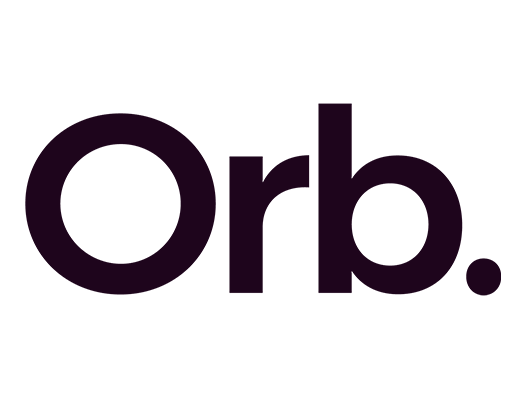
The idea of a “shop” needs to evolve
With the news hitting hard yesterday that John Lewis would not be reopening their Birmingham Grand Central store, the reality facing retail is once again becoming clear.
This isn’t a problem caused by the COVID-19 Lockdown, but it has probably just sped up the inevitable. Retail has been on a downward slide for a good few years as online buying habits increase. While the immediate outlook is bleak, and the job losses tragic, at Orb we tried to have a bit of positivity about what might emerge on our high street over the next few years.
Experiential hubs.
What will happen to all that space once the majority of our shops have disappeared? The trend seems to be that eventually, everything will be owned by a handful of companies. Amazon of course has already launched Amazon Go shops but these companies don’t actually need physical shops for revenue. I envisage large retail spaces becoming almost exhibition style spaces for these multinationals. They’ll invite different local online sellers to set up pop-up stores on a monthly basis and partner with big-names to execute experiential activities.
These “shops” will be a hub of discovering new brands, showing off new products, and bringing online brands to life. The likes of Amazon, Google and Apple already own so much, they may as well take the high street too. As a brand strategist it is actually quite exciting to think that the future purpose of physical “shops” will shift to being entirely branding rather than selling.
Combining online processes with in-store benefits.
Shops may not disappear but rather evolve. I think, in order to survive, retailers need to go back to the drawing board. Focus on what benefits an in-store experience delivers that online can’t. Then consider what benefits online has that you can build in to the retail process.
Let’s take clothing for example. The benefits that in-store shopping has over online clothes shopping has is firstly, the ability to touch, feel and try on the clothes before you buy. Secondly, it can be a social experience, a day out with friends or family.
So what about the benefits that online has. Online means you can easily browse and compare items, you don’t have to pick something up and carry it around before deciding actually you don’t want it, you can add things to your basket and view what you have and how much you’re spending. And of course there is the delivery aspect, there’s no lugging bags home, you can get new clothes without leaving home.
So what might a new retail experience look like? Imagine that the shop floor was no longer a display shop front, but instead it was an experience. Fill it with food, drink, and influencers / experts offering advice etc. Have the shopping element done just like you would at home, maybe an app that people can log into or specific tablets on the shop floor. Here, shoppers shop just like they would online but instead of a basket, they can add items to their dressing room.
Once confirmed, shop assistants behind the scenes fetch the clothes and prepare the dressing room before pinging a notification to the customer that their room is ready. Now the shopper can try everything on – something they couldn’t do online. Decision made, they can then take away there and then or choose home delivery. The best of both worlds.
These are just a few initial thoughts about what might evolve, and that is the key word here. Shops don’t have to disappear but what is likely is that what a shop is, will change over the next ten years. While it may seem doom and gloom right now, this is also an opportunity for new ideas, new methods, and new success stories to emerge.
At Orb, we love helping businesses be better through better branding and marketing. So if you have a business that could do with a fresh perspective, get in touch to see how we can help.

